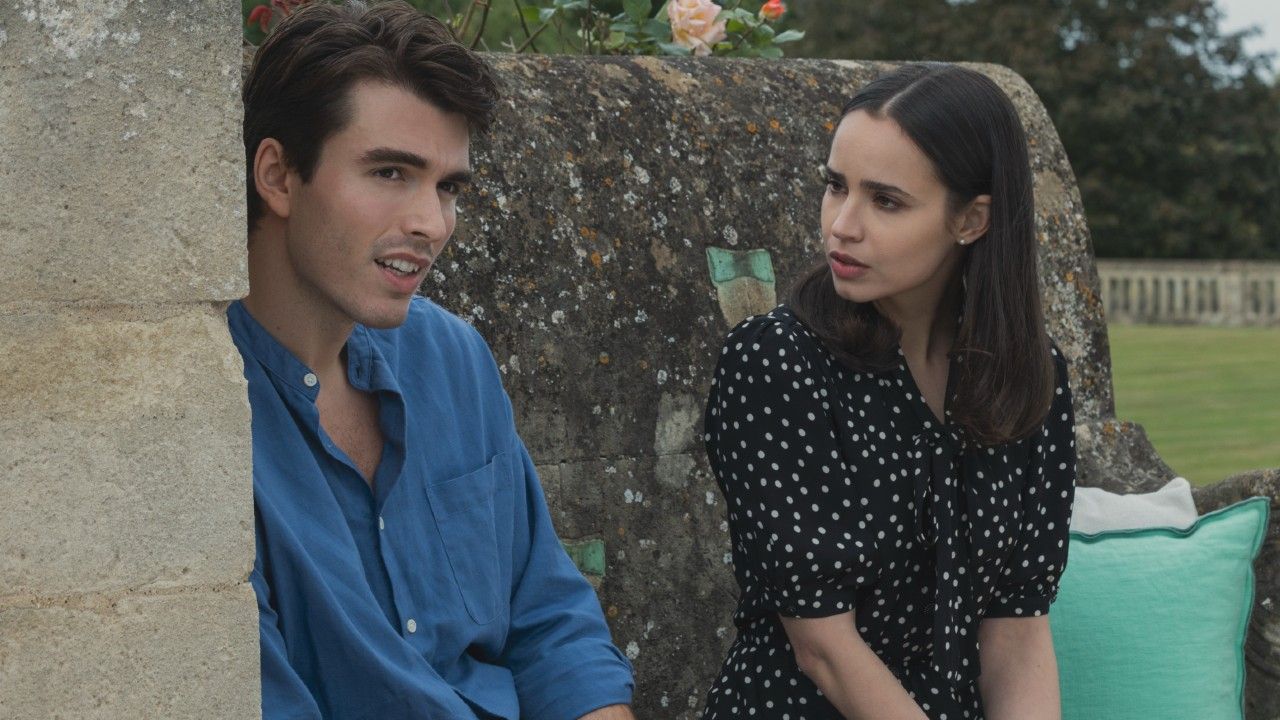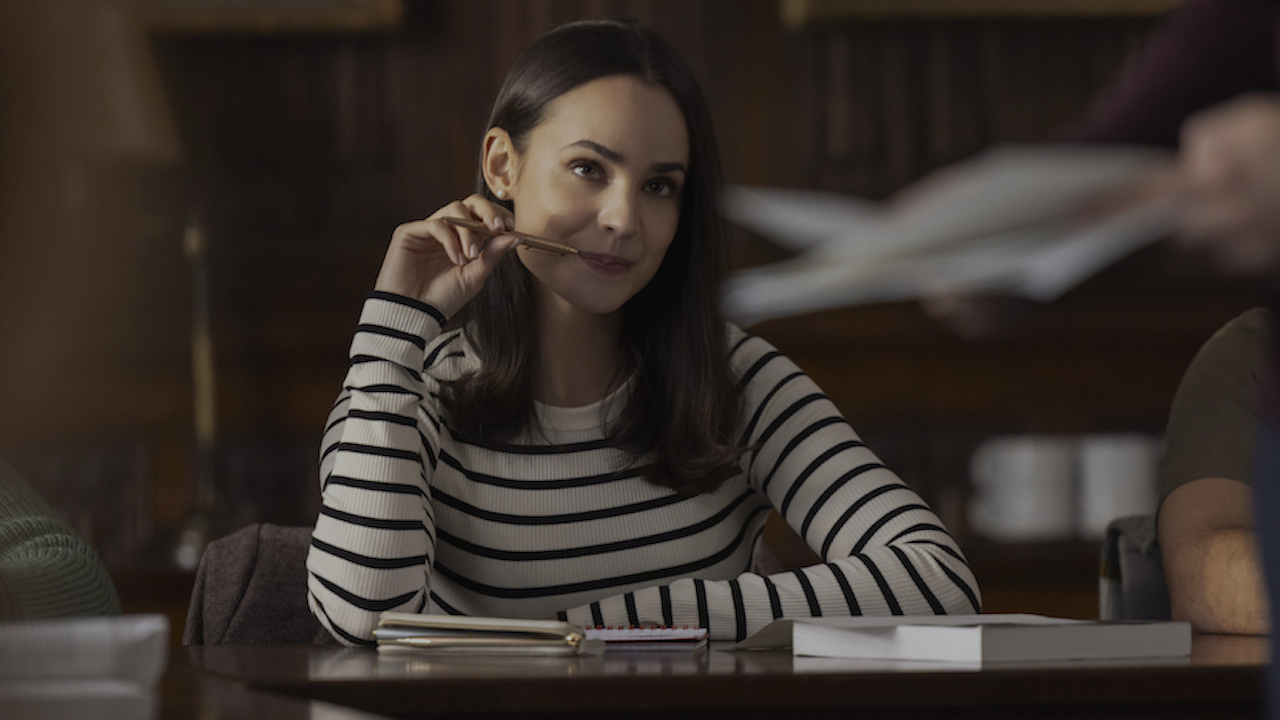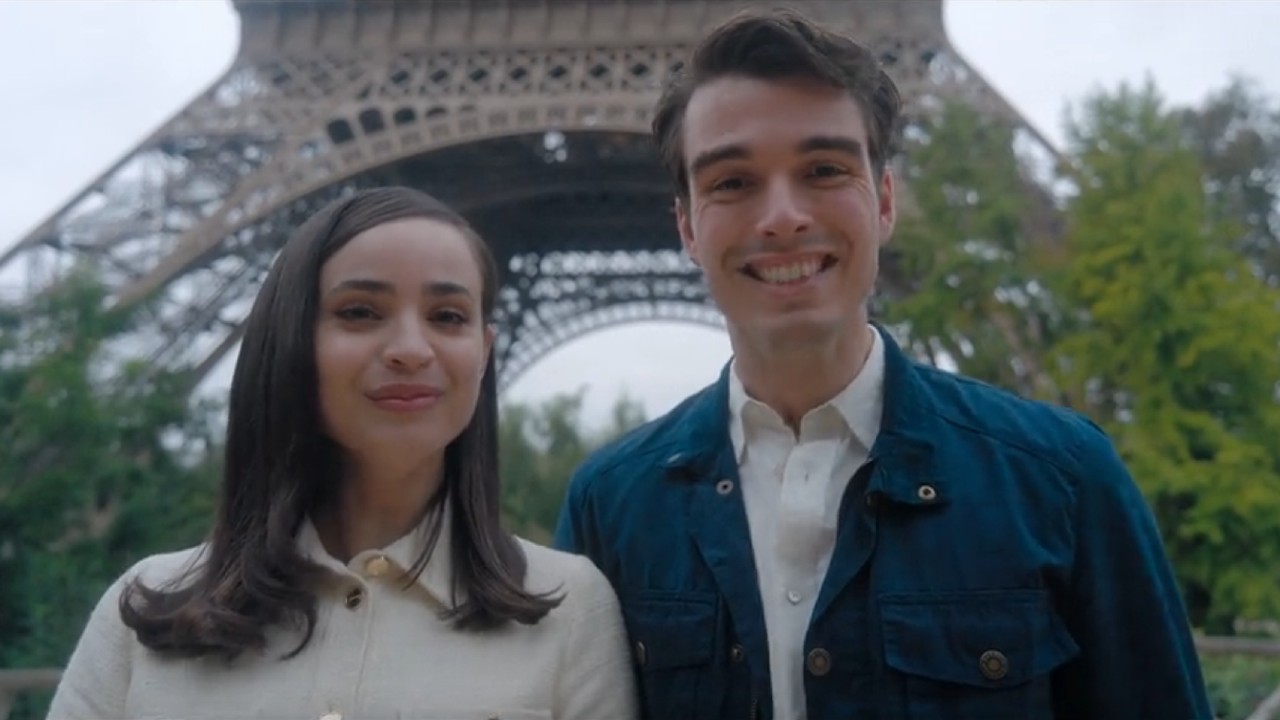
Major spoilers for both the book and the movie My Oxford Year are ahead! Read with caution. If you’d like to watch the film, you can do so with a Netflix subscription.
I was very sad when I finished the book-to-screen adaptation of My Oxford Year, but in a good way. In the final scenes of the film released on Netflix’s 2025 schedule, we saw Anna and Jamie’s escapades around Europe, only for it to be revealed that that never happened, and Sofia Carson’s Anna ended up going on that journey alone after her love died. Compared to the book it’s based on, the end of this movie is much sadder, too, because it makes a definitive change that Corey Mylchreest, who plays Jamie, said makes the story “more powerful.”

So many shows and movies hit streaming this weekend, here's what critics are saying about My Oxford Year and more.
So, in Julia Whelan’s book My Oxford Year, Jamie doesn’t explicitly die on the page, but he still has terminal cancer. Ultimately, he’s able to live a bit longer and go on this adventure he’d talked about with his love, who is named Anna in the movie and Ella in the book.
In the Sofia Carson-led Netflix romance, we see a montage of Jamie and Anna traveling around Europe together, doing many romantic things. However, it’s later revealed that Anna actually did all that alone after Jamie died. It’s truly tragic; however, it’s also powerful. That’s why Corey Mylchreest loved it too, as he told EW:
It's better like that. It's more powerful. That is the direction that the book is heading in, and it would feel like hypocrisy for Jamie to speak all these things and for Anna to be understanding that philosophy of life [and not end there].

He makes a valid point here. Throughout the movie, Jamie makes a huge effort to live his life to the fullest with everything he has left. After seeing his brother die of the same cancer he has after trying treatment for a long, painful time, he knows that’s not what he wants.
So, he’s determined to make do in a big way with the time he has left. Both he and Anna seem to agree on that, and the ending shows how true that is in the way that Carson’s character lives her life afterward.
To that point, Mylchreest – who knows a thing or two about playing out tragic love stories, as he played King George in the Queen Charlotte cast – explained that if Jamie didn’t die at the end, it could have felt like his character’s actions and motivations were undervalued. He said:
The impressive thing is that Jamie believes all of these things — forever is composed of nows — and he doesn't have that many nows left. So, what's really amazing is that he's doing all of this stuff and believes all these things with really not that much time left. If that wasn't true, it would feel like we're undervaluing his beliefs.
I totally get what he's saying. While I’m always here for a happier ending, this one definitely had a bigger emotional punch. It also hammered home the philosophy Jamie followed. Now, the book does too, as Ella and Jamie use what time they have left to the fullest. However, the film makes us reckon with the little time we have, as we see how both these characters act on the knowledge that they don’t have infinite time together.
Overall, I like both endings, and I do agree that the movie is “more powerful.” We have to see how Anna goes on with her life after her time with Jamie. We’re also forced to fully realize the reality of one of the story’s primary morals, which is that nothing lasts forever, and no matter what happens, life, to quote the book, “keeps flowing as we come and go.”







